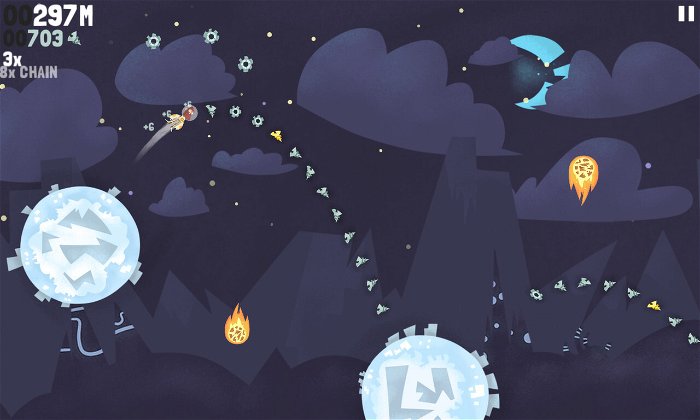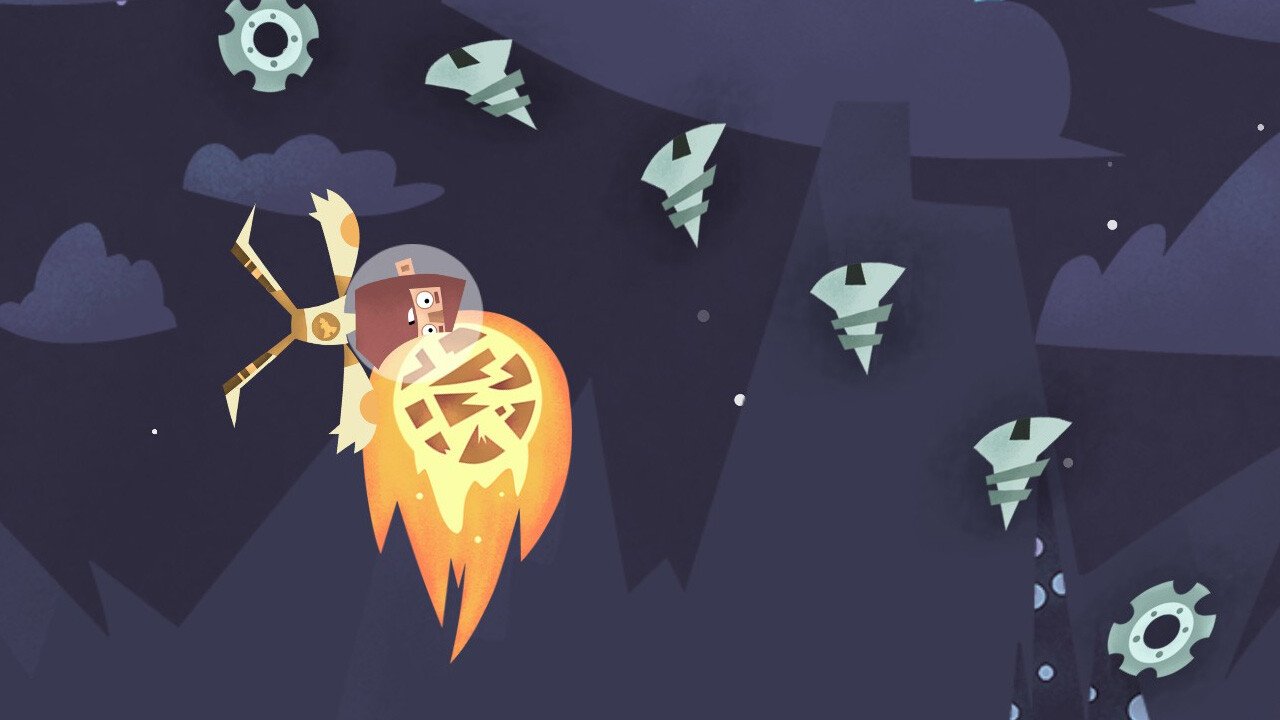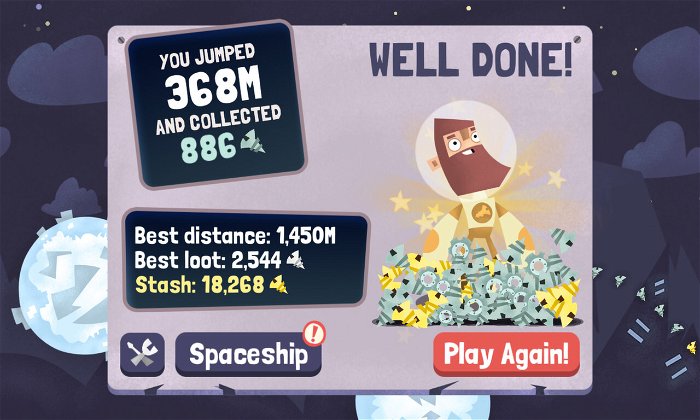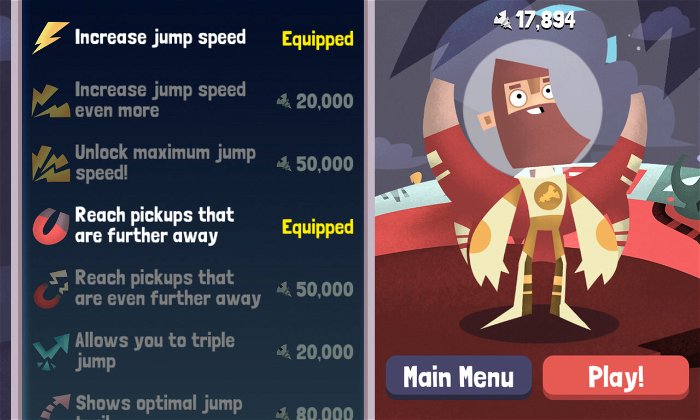Last week Steam announced it would have a new refund policy. PC Gamers had been asking for a better method of getting their money back on games they didn’t like, the greenlight games that are sub par, money grabbing schemes, or accidentally purchasing a game that their computer couldn’t support. While the idea of a refund policy is great, there are a few indie developers who say players are scamming them out of money.
On Steam’s website, it says, “You can request a refund for any reason, if the request is made within fourteen days of purchase, and the title has been played for less than two hours.” Refunds apply to games, DLC, bundles, in-game purchases for Valve games, and Steam Wallet funds.
It’s fairly easy to refund games now with the new policy. Gamasutra even posted a link to a Reddit user who has gotten refunds for games they’ve owned well beyond the two week period.

Qwiboo is claiming that players are buying games, playing them, and then asking for refunds. The company has had their game Beyond Gravity on Steam for about nine months. While there were a lot more positive reviews than negative, and a pretty good revenue stream, once the new refund policy came in, the revenue dropped. 13 out of 18 purchases were refunded, and Qwiboo isn’t blaming the summer sales. While they aren’t against refunds, it’s clear they aren’t happy about what players are doing with it.
The problem is that a lot of indie games are short enough that they can be finished or close to finished within that two hour period. This not only leaves developers with an empty pocket, but players having tried a game in a demo format for free.
Many people don’t believe that players would download a game for under $3, play it for two hours, and then ask for their money back. While people are driven by money, $1.50 is $1.50. Of course some indie developers are going to have a few bugs here and there because they don’t have access to all the recourses that big name developers have, but those few bugs if minor will be overlooked.
There’s the idea that the reason these low revenue amounts are appearing is because people can actually get their money back for a game that they don’t like rather than having to go to troubleshooting. Now that people actually can get their money back, they want to actually be able to have their money back for something that isn’t ready to be a game yet or for games that just didn’t meet to their standards.
Gamasutra reported that several indie developers don’t mind if people get refunds on their games. Sometimes developers miss bugs or something faulty, and feel better if people get their money back for that, rather than losing out.
Now that Steam has their return policy, more players are ready to buy on impulse. With that, indie developers are going to see more people taking advantage of the refund policy if they don’t like their game, but it could work in favour for everyone involved by providing insight on what kind of games players like and dislike.
What would also help is if Steam would develop a strong method of monitoring potential abuse of the system. Steam is known to have a poor score when it comes to customer service, and developing a better method would help to bring up their score.
Of course there are going to be those few people that abuse the refund policy, but overall it’s more than likely people are just taking their chances with their money and giving all sorts of games a chance.
Do you think cases like Qwiboo’s are a result of refund abuse or not? Comment below and let me know what you think.






